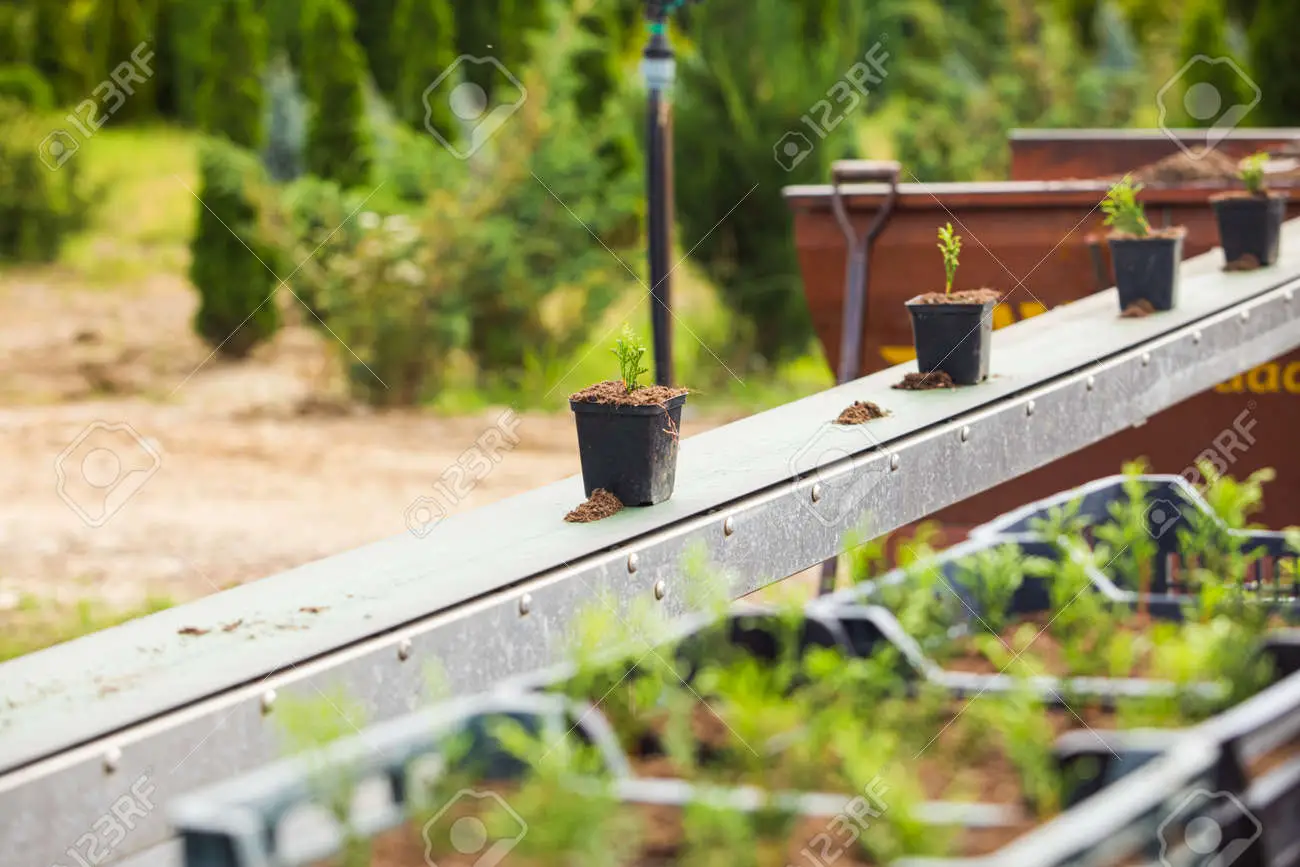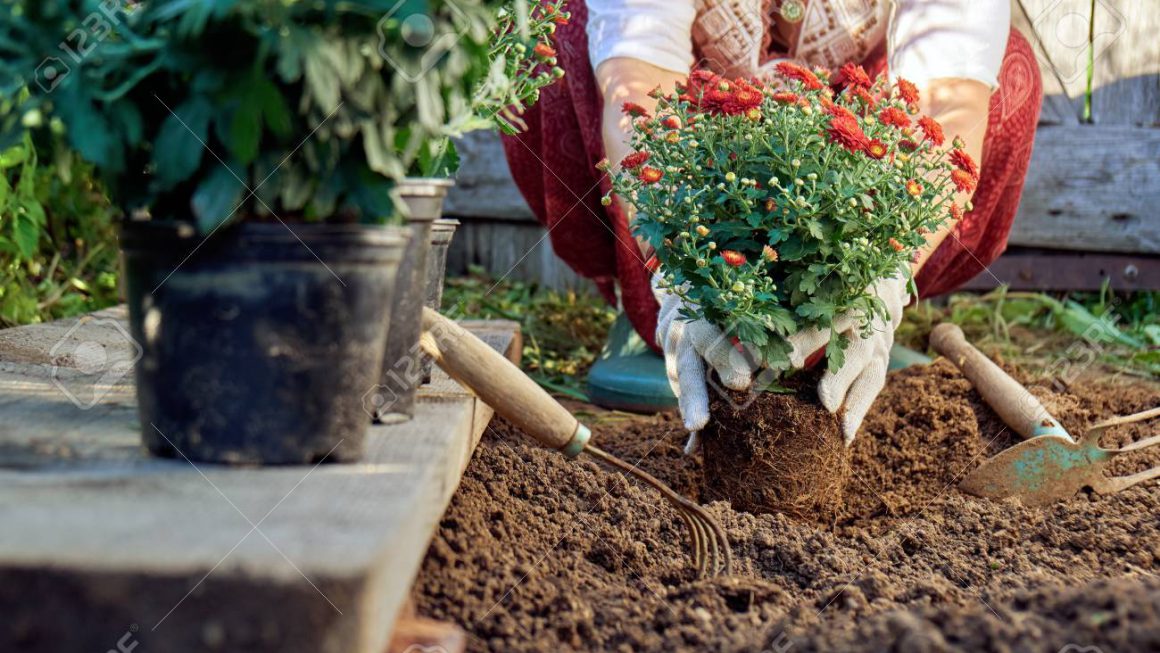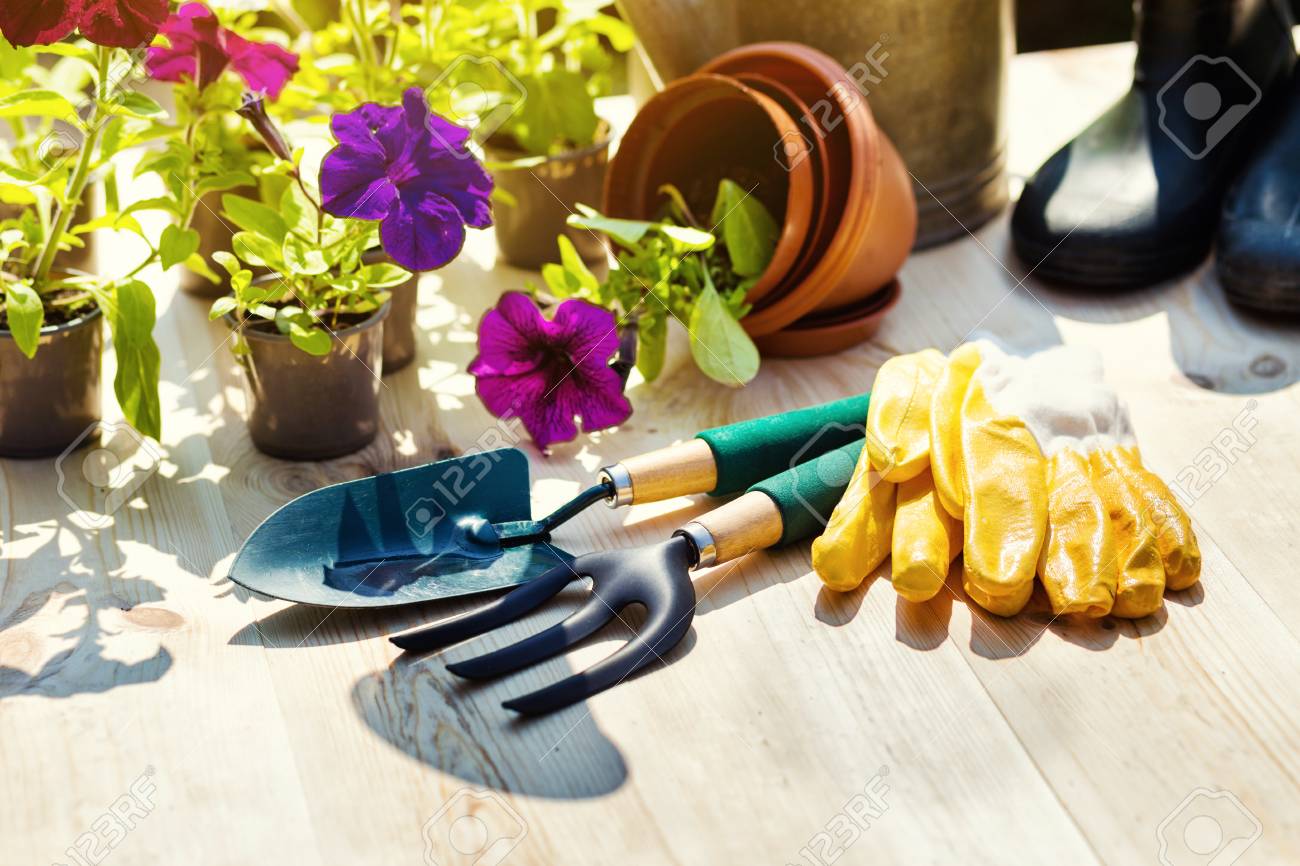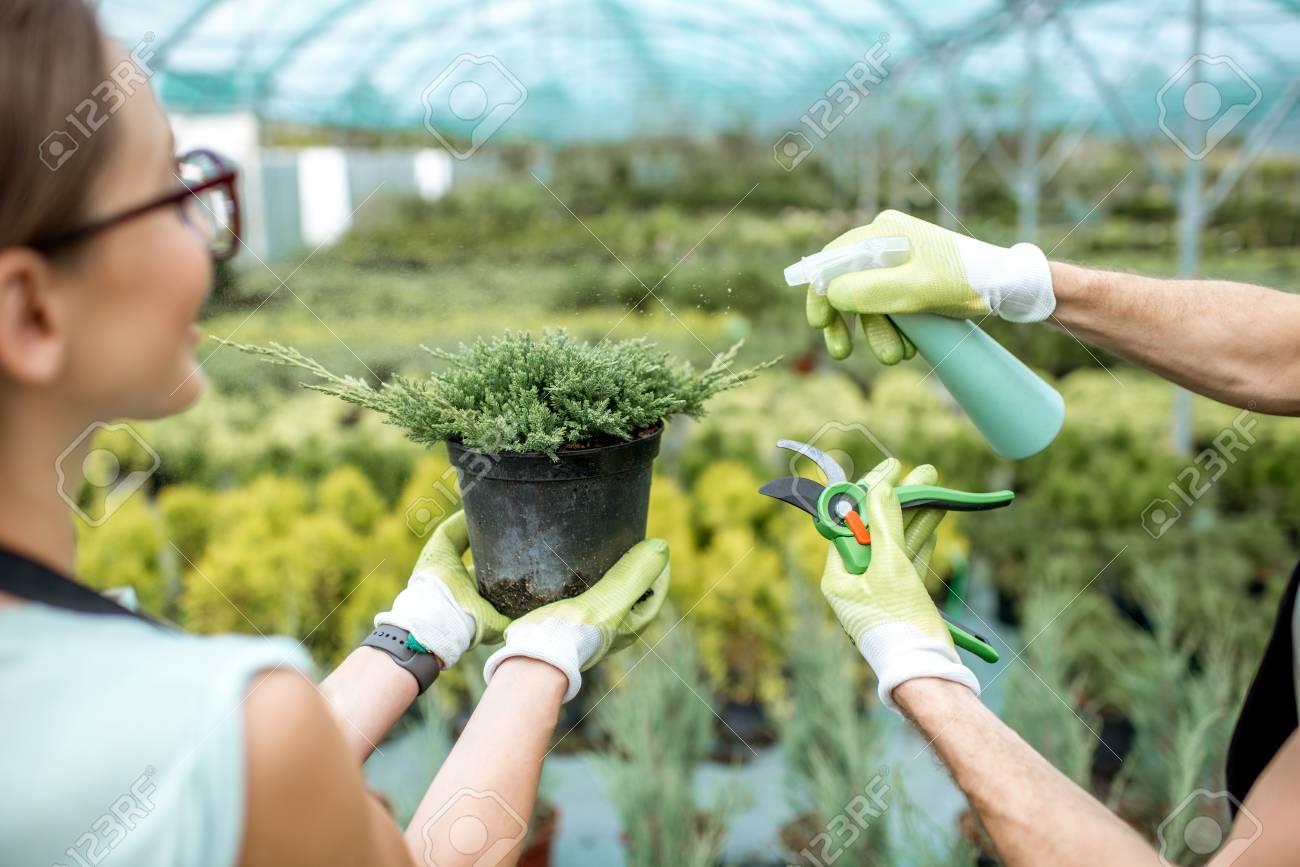Introduction
Starting a home garden can be a rewarding and enjoyable experience. A home garden can provide a variety of benefits such as fresh produce, a great way to relieve stress, and a beautiful addition to your living space. Here are 5 tips to help you get started with your home garden.
Tip #1: Choose Appropriate Plants for Your Home Garden
Creating a home garden can be a great way to bring beauty and life into your home. But when it comes to choosing the right plants for your home garden, it can be overwhelming. Here are some tips to help you choose the right plants for your home garden.
Tip 1: Choose Appropriate Plants for Your Home Garden: Different plants have different needs, so it’s important to select plants that are suited to the climate and soil in your area. Consider the amount of sunlight, water, and soil type that your plants will need. If you’re not sure, talk to a local garden center or nursery for advice.
Tip 2: Consider the Size of Your Garden: It’s important to consider the size of your garden when choosing plants. Make sure that you choose plants that will fit within the size of your garden and won’t overcrowd other plants.
Tip 3: Think About Maintenance Needs: Different plants require different levels of care and maintenance. Consider how much time and effort you’re willing to devote to keeping your plants healthy and thriving.
Tip 4: Don’t Be Afraid To Experiment: Experimenting with different plants can be a fun and rewarding experience. Try growing plants that are unusual or not commonly found in your area. This will add interest to your garden and make it a unique and beautiful space.
By following these tips, you’ll be sure to find the right plants for your home garden. With the right plants, your garden will be a beautiful and vibrant space for you to enjoy.
Tip #2: Select the Right Location for Your Home Garden
When it comes to planning your home garden, selecting the right location is an important factor. It is important to consider the amount of sunlight, space, and access to water that the garden will receive.
Sunlight is a key factor when it comes to growing plants. It is best to choose a location that receives at least 6 hours of direct sunlight a day. If your garden is going to be in a shady area, it is best to choose plants that do well in shady conditions.
Space is also a key factor when selecting a location for your garden. It is important to make sure that you have enough space to accommodate the plants you want to grow. If you have limited space, consider container gardening or vertical gardening to maximize the space you have.
Finally, access to water is an important factor when selecting a location for your garden. Make sure that your garden is located near a water source, whether it is a hose, sprinkler system, or rain barrel. This will make watering your garden much easier.
Choosing the right location for your home garden can make all the difference when it comes to having a successful garden. Make sure to consider all of the factors above when selecting a location for your garden.
Tip #3: Prepare Soil and Plant at the Right Time
Creating a beautiful home garden is an excellent way to add some greenery to your outdoor space. But, for your garden to reach its full potential, it is important to prepare your soil and plant at the right time.
The first step is to prepare your soil for planting. This means testing the soil to determine its pH level, nutrient levels, and other important characteristics. Once you have a better understanding of your soil, you can then begin to amend it accordingly. This may include adding compost, manure, or other organic materials to improve soil quality.
Once your soil is ready, you can begin to plan when to plant. The best time to plant will depend on the type of plants you are growing and the region you live in. Generally speaking, the best time to plant is in the spring when the weather is mild and the soil is warm. There are also certain plants that prefer to be planted in the fall, such as bulbs and root vegetables.
By following these steps, you can ensure that your garden will be healthy and thriving. Preparing your soil and planting at the right time is essential for successful gardening.
Tip #4: Give Your Home Garden Proper Care and Maintenance
Taking care of your home garden is a great way to get in touch with nature and enjoy the beauty of the outdoors. You can turn your garden into a place of relaxation and beauty, but it takes a bit of work to maintain it. Here are some tips for giving your home garden the proper care and maintenance it needs to remain healthy and beautiful.
First, make sure you are on top of regular maintenance. This includes weeding, fertilizing, and pruning your plants. It is also important to water your garden properly, as too much or too little water can damage your plants. Additionally, make sure you are using the right kind of mulch or compost to nourish the soil.
Second, invest in pest control. Pests can quickly take over a garden and cause irreparable damage, so it is important to regularly monitor your garden for any signs of infestation and take action to get rid of them. You can use natural pest repellents or contact a professional to help you with this task.
Finally, add garden accessories to personalize your space. You can add garden furniture, creative planters, and other decorative elements to your garden to make it look unique and inviting. Just remember to keep up with the maintenance and care of these additions.
By following these tips, you can ensure that your home garden is always a place of beauty and tranquility. With proper care and maintenance, you can enjoy your garden for many years to come.
Tip #5: Use Organic Fertilizers to Keep Your Home Garden Healthy
Organic fertilizers are a great way to keep your home garden healthy. Organic fertilizers are made from natural sources such as manure, compost, and fish emulsion. They provide essential nutrients to your plants and help them grow strong and healthy. Organic fertilizers also improve soil fertility and texture, as well as helping to reduce weeds and pest infestations. They also help improve soil structure, which helps your plants absorb more nutrients. Using organic fertilizers is an excellent way to bring balance to your home garden and keep it healthy.
Conclusion
In conclusion, starting a home garden can be an exciting and rewarding experience. With the right planning and preparation, anyone can become a successful home gardener. Following the 5 tips outlined in this article – making a plan, choosing the right location, selecting the right plants, investing in quality soil and tools, and providing regular maintenance – will help ensure your home garden will be a success. With some patience and dedication, you will soon be able to enjoy the fruits of your labor and reap the benefits of a beautiful and bountiful home garden.












